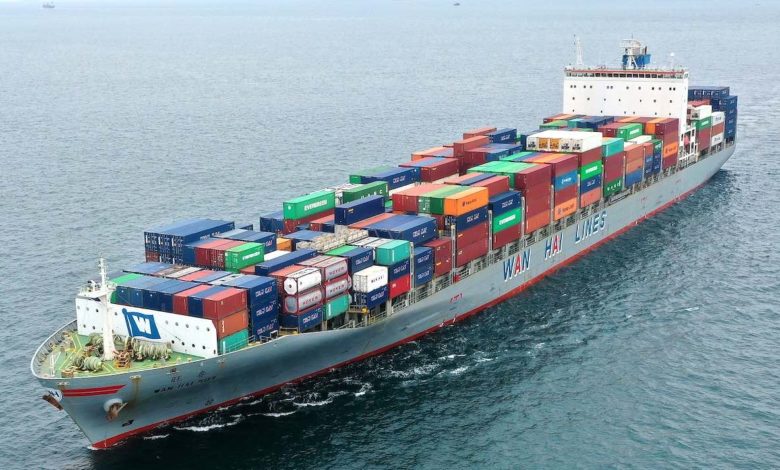FMC investigates Wan Hai over detention charges

The Federal Maritime Commission (FMC) is investigating Taiwan’s Wan Hai Lines for possible violations of 46 U.S.C. § 41102(c) with respect to charges relating to container returns.
The FMC contends that Wan Hai invoiced a customer at least 21 times in the spring of 2021 for detention charges when the carrier “either offered no return locations, the designated terminal was not accepting the containers’ chassis, or appointments were unavailable for the subject containers,” according to the FMC’s order of investigation and hearing. The customer provided Wan Hai with screenshots verifying these restrictions and requested a waiver.
Wan Hai denied the request to waive the charges, because it does “not control the appointment system,” according to the FMC statement.
The carrier has been ordered to file an answer with the FMC within 25 days. The proceeding will determine whether civil penalties should be assessed and, if so, in what amount, and whether a cease-and-desist order should be issued against Wan Hai.
In related news, last week the FMC issued three policy statements that provide guidance on bringing complaints to the agency, addressing barriers identified by the trade community as disincentives to filing actions.
In the first policy statement, the commission reiterated that shippers’ associations and trade associations may file a complaint alleging a prohibited act violation under 46 U.S.C. Chapter 411. This allows these organisations to protect the interests of their members while also providing shippers with a degree of separation and insulation from potential retaliation.
The second statement explains the commission’s approach on attorney fees and reiterates that a party who brings an unsuccessful complaint is not automatically required to pay the other party’s attorney fees. The commission said it will look favourably upon complainants who raise non-frivolous claims in good faith, who litigate zealously but within the rules and for proper purposes, and who comply with commission orders.
In the third statement, the commission defined both who can bring a retaliation complaint and the types of shipper activity that are protected under the existing retaliation prohibitions.
